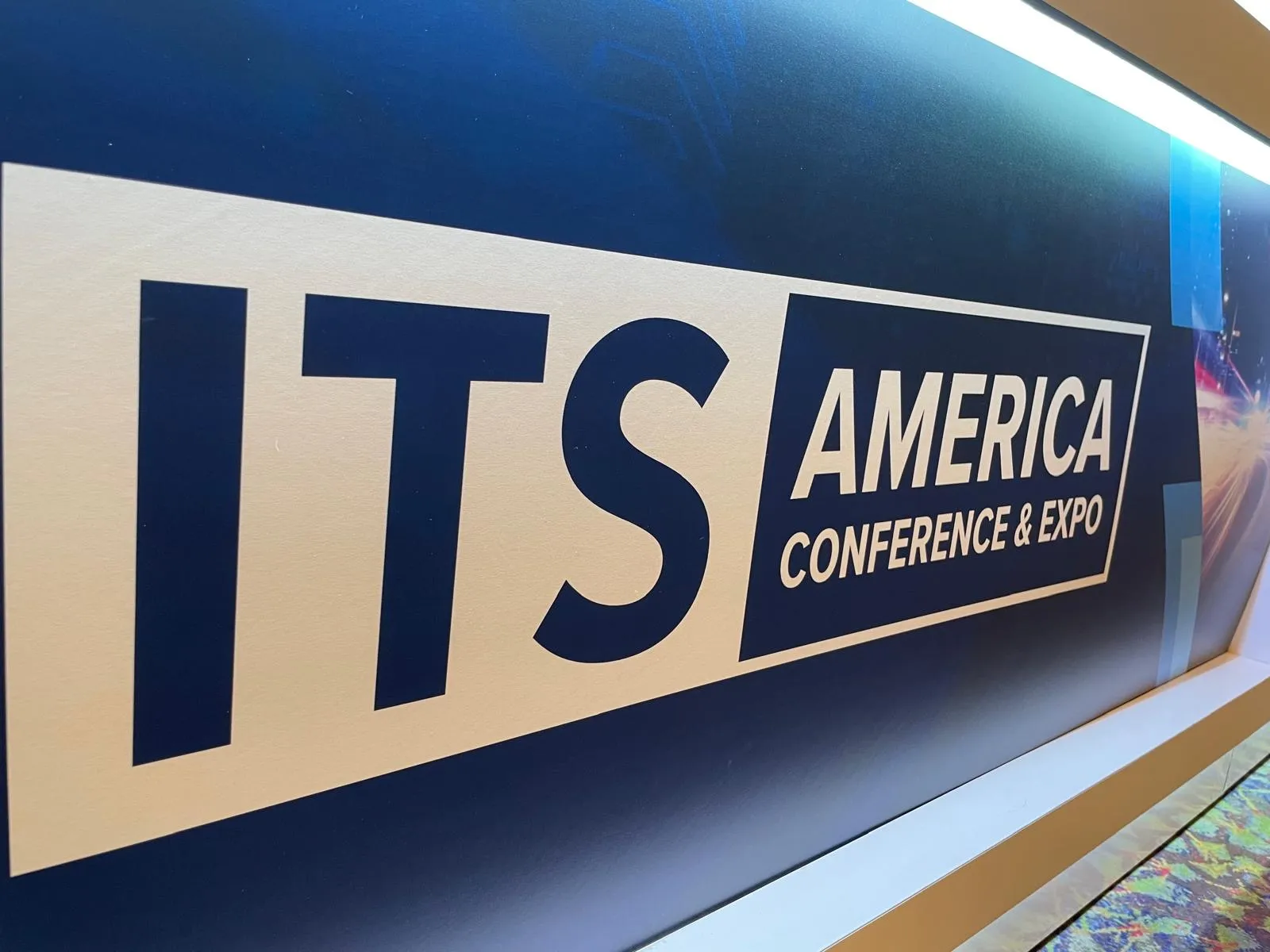After a comprehensive study of wrong-way driving crashes on state highways and how technology may help reduce the threat, the
ADOT director John Halikowski said the study sets the stage for the agency to develop and test a unique and innovative system to detect and track wrong-way drivers, improving opportunities for law enforcement officers to respond.
“While there are tremendous challenges in trying to prevent often-impaired drivers from entering a freeway in the wrong direction, we’re looking at a unique system to detect these vehicles quickly and warn Arizona state troopers, ADOT and other drivers,” Halikowski said.
ADOT’s study, which started in January, helped ADOT identify Interstate 17 in the Phoenix area as the best place to establish a prototype system. Initially planning to use a three to four mile stretch of the interstate, the agency will determine an exact location for the test system as it is developed in the coming year.
The prototype system would enhance in-road freeway sensors that now detect traffic travelling in the right direction to also track vehicles going the wrong way. Such detections would alert ADOT’s Traffic Operations Center and the Department of Public Safety to the location of a wrong-way vehicle.
“We believe this will be a first-of-its kind system featuring the use of our in-pavement traffic sensors to track wrong-way vehicles,” Halikowski said.
The system also would include separate wrong-way vehicle detectors on freeway on-ramps within the test area, as well as technology to quickly post warnings on overhead message boards for drivers going the right way. Existing freeway on-ramp traffic signals also would display a solid red light to hold traffic from entering the freeway when a wrong-way vehicle is detected.
A key goal of a prototype system is significantly improving alerts for law enforcement, including the Arizona Department of Public Safety, compared to relying on information relayed by 911 callers.
ADOT’s study also pointed to a societal problem that no technology can address: the role of impaired driving in wrong-way crashes. Two out of three wrong-way crashes on Arizona highways from 2004 to 2014 involved impaired drivers.
"There is no 100 percent solution for wrong-way driving, especially when impaired drivers are involved," said DPS director Colonel Frank Milstead. "But if technology can be used to quickly notify our state troopers of a wrong-way driver, we can work to reduce the risk of a tragedy."
Arizona DOT to test prototype wrong-way vehicle detection system
After a comprehensive study of wrong-way driving crashes on state highways and how technology may help reduce the threat, the Arizona Department of Transportation (ADOT) is planning a prototype project to use existing highway sensors to detect wrong-way vehicles and alert authorities and other motorists. ADOT director John Halikowski said the study sets the stage for the agency to develop and test a unique and innovative system to detect and track wrong-way drivers, improving opportunities for law enforceme
November 25, 2015
Read time: 3 mins










